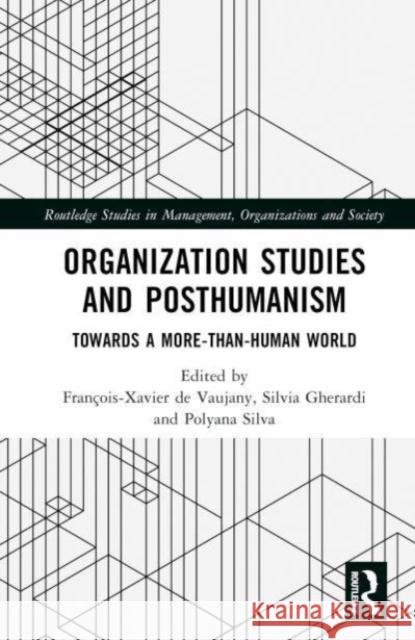Organization Studies and Posthumanism » książka
topmenu
Organization Studies and Posthumanism
ISBN-13: 9781032614243 / Twarda / 2024 / 328 str.
Organization Studies and Posthumanism
ISBN-13: 9781032614243 / Twarda / 2024 / 328 str.
cena 705,83
(netto: 672,22 VAT: 5%)
Najniższa cena z 30 dni: 653,11
(netto: 672,22 VAT: 5%)
Najniższa cena z 30 dni: 653,11
Termin realizacji zamówienia:
ok. 16-18 dni roboczych.
ok. 16-18 dni roboczych.
Darmowa dostawa!
This book explores the possible contributions of posthumanist concepts and theories for management and organization studies.











